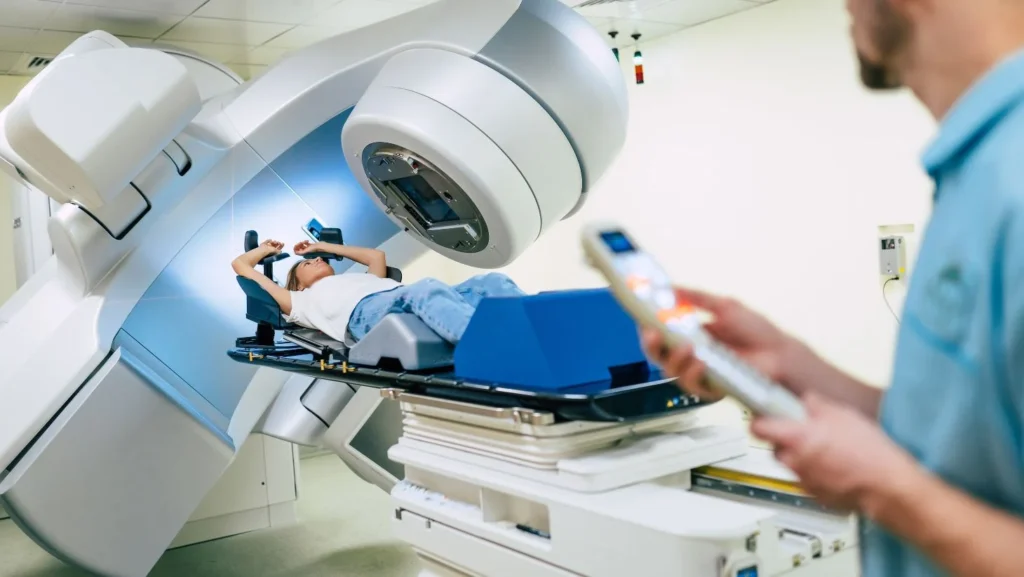Current evidence shows that testosterone replacement therapy (TRT) does not directly cause cancer. However, TRT can potentially stimulate the growth of existing prostate cancer, which is why men are screened before and monitored during treatment. Overall, when prescribed and supervised properly, TRT is considered safe for most men without active cancer.
Testosterone Replacement Therapy (TRT) is prescribed a lot for men with low testosterone levels to help against symptoms such as fatigue, reduced muscle mass, and a decreased sex drive. But some people have talked about whether TRT could increase the risk of cancer, particularly prostate cancer. The relationship between TRT and cancer risk is complex and has been the subject of ongoing research. On this website they talk about studies that proof no relationship between Testosterone Replacement Therapy and cancer.
Testosterone Replacement Therapy (TRT) and Prostate Cancer Risk
Historically, doctors thought that testosterone fueled the growth of prostate cancer. This belief was largely based on literature from the 1940s. Back then researchers discovered that reducing testosterone levels in men with advanced prostate cancer slowed the disease’s progression. Because of that people thought that increasing testosterone through TRT might raise the risk of developing prostate cancer or speed up the growth of existing cancer cells.
But more recent studies challenge this idea. Research shows that testosterone does not directly cause prostate cancer. A big study by Dr. Abraham Morgentaler and other researchers shows that there is no clear evidence linking TRT to an increased risk of prostate cancer. It appears that prostate cancer may develop more frequently in older men due to age-related factors rather than testosterone levels.
Next to that is a widely accepted concept known as the saturation model shows that prostate cells require only a small amount of testosterone to grow. Once this limit is reached, adding more testosterone does not further stimulate growth. This model suggests that TRT is unlikely to trigger or accelerate prostate cancer in men with normal or low testosterone levels.
TRT and Other Cancers
Next to prostate cancer, some concerns have been raised about whether TRT could influence other forms of cancer. There is not a lot of evidence to suggest that TRT increases the risk of cancers such as testicular or breast cancer. But TRT can increase red blood cell production, which might contribute to conditions like polycythemia. That could raise the risk of blood-related complications.
TRT is not linked to cancer but men with a history of prostate cancer or high-risk factors such as family members with prostate cancer should discuss the risks and benefits with their doctor. Regular screening, including PSA (prostate-specific antigen) tests and digital rectal exams, can help check prostate health while on TRT.

